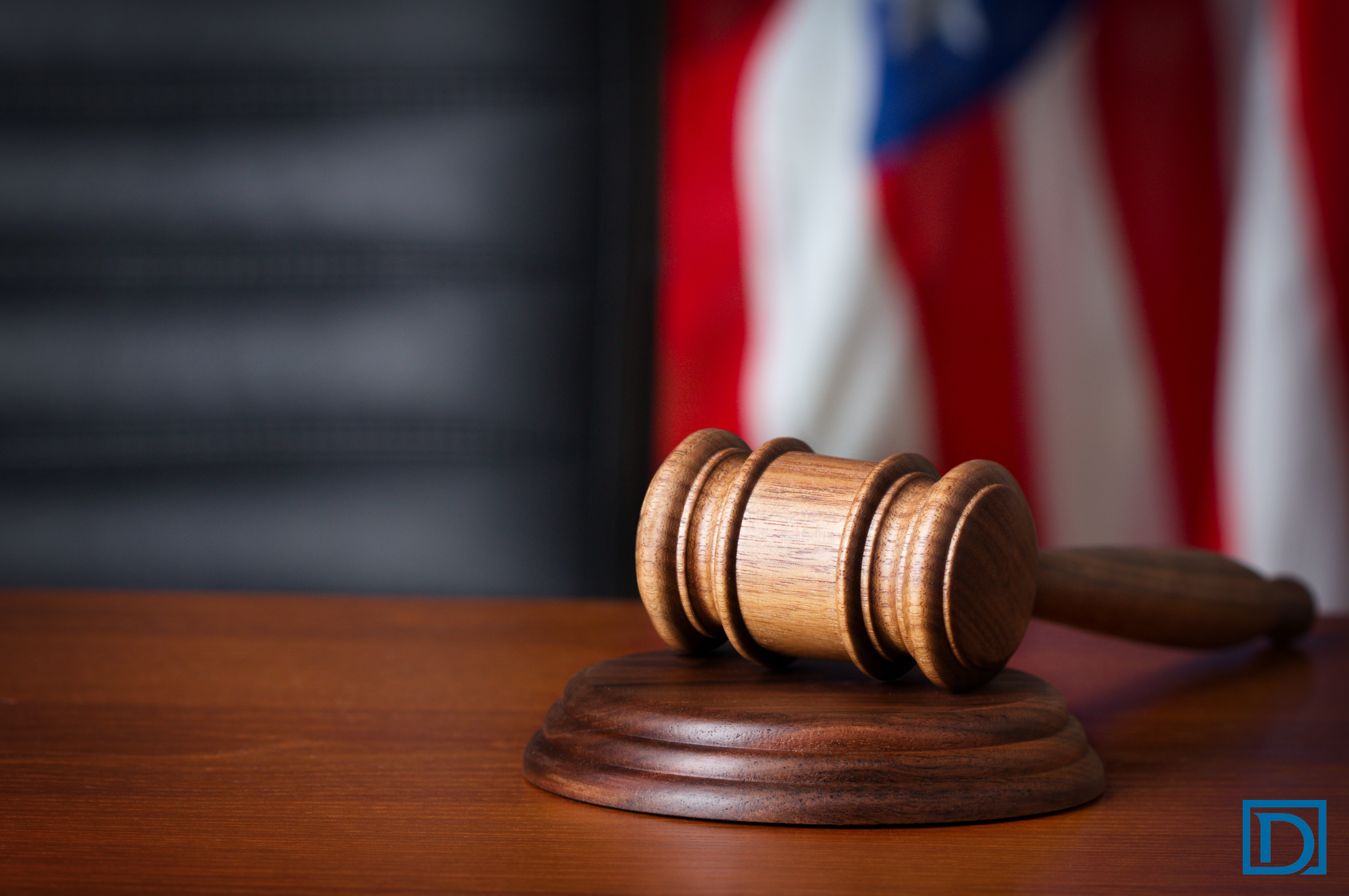In a published Opinion from the Michigan Court of Appeals on June 11, 2020, the Court detailed a test to determine when an employee’s use of an employer email account for communication with the employee’s own attorney can be considered privileged information. The issue is whether there is an expectancy of privacy when using the company email, rather than a personal email address. The attorney-client privilege only protects private communications between attorney and client.
In Stavale v. Stavale Docket No. 349472, a divorce case, defendant had used his company-provided email account to communicate with his attorney. The employee’s spouse subpoenaed defendant’s employer for these emails and defendant attempted to quash the subpoenas stating the emails were protected by attorney-client privilege. The trial court sided with the plaintiff and defendant appealed.
The Michigan Court of Appeals notes that there are two ways to look at this question: (1) whether the communication was covered under attorney-client privilege and (2) if it was, whether he waived it by using a company email address. The Court of Appeals notes that the trial court did not address either of these questions. To answer the first question, the Court of Appeals states that they must first determine whether plaintiff had a reasonable expectation of privacy. The Court of Appeals then provides a two-part test to answer this question based on current Federal precedent and remanded to the trial court to analyze the facts using that test.
The first part of the test is to look at the company’s policies regarding email use. In this case, the company’s policy stated, among other things, “Users have no legitimate and/or reasonable expectation of privacy regarding system usage.” Based on this language, the Court of Appeals found that the policy was clear and, to the extent defendant was aware of the policy, it is sufficient to extinguish any reasonable expectation of privacy.
While in this case, the defendant used the company-provided email account, the same analysis can be used when using a personal email account on a company-provided computer or any other device for that matter. If the company policy indicates that use of the device for personal email is not allowed or can be monitored, the employee will not be able to protect any communications with an attorney from discovery.
However, this leads into the second part of the test and that is to determine whether or not the defendant had knowledge of this policy. If defendant was made aware of this policy, he would not be able to protect those communications from discovery, but in a footnote in defendant’s brief, defendant noted that he could not recall reading a copy of the employee handbook or signing an acknowledgement. The question was not further addressed by the trial court, and the Court of Appeals reversed the decision and remanded to the trial court to answer this question. The Court of Appeals does not address whether or not the defendant’s communication constituted a voluntary and intentional disclosure of the information to a third party.
As a key takeaway from this case, employees should avoid using company-provided resources, including an email address or computer, when contacting an attorney. In the event that is not possible, employees should review the company policy to ensure that any communication sent from a personal account is allowed and cannot be monitored. For employers, the key takeaway is to use clear language when writing company policies and to ensure that each employee signs an acknowledgment of receipt of company policies. While the company was not a party to the case in this instance, by ensuring that company policies are clear and read or received by all employees, the employer can protect itself against any claim of invasion or privacy by an employee, and limit its company emails to company business.
The full text of the case can be found here:
https://law.justia.com/cases/michigan/court-of-appeals-published/2020/349472.html




